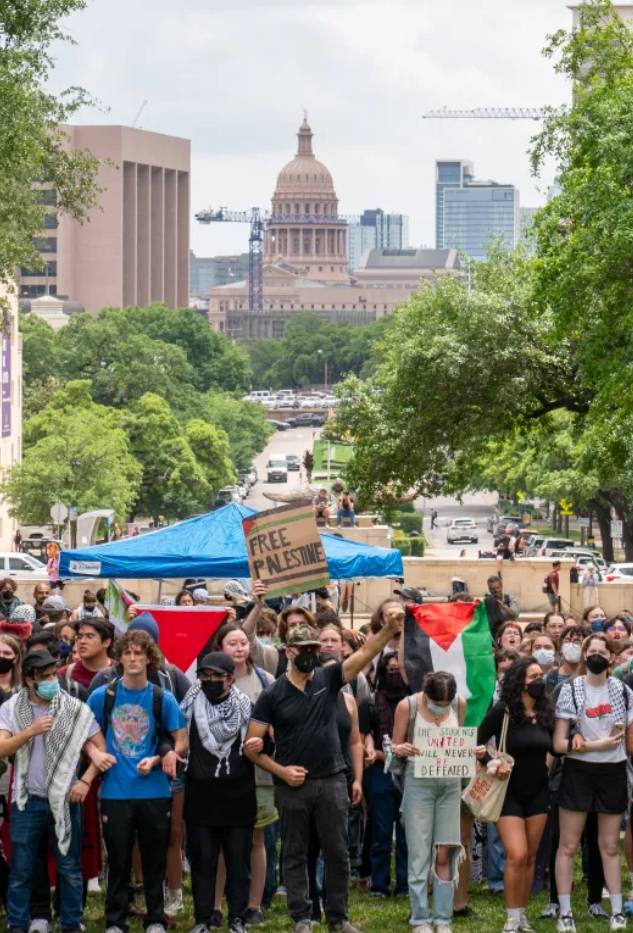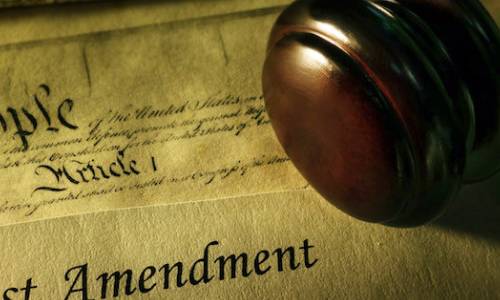Civil Rights
Your Rights, Protected: Understanding Your Legal
Options When Facing Government Misconduct
Have you experienced police misconduct or had your constitutional rights violated? Learn about your legal options and how to hold
government officials accountable.
Wrongful Death: Seeking Justice for Unlawful Loss of a Loved One
What is Wrongful Death?
Wrongful death occurs when a death is caused by the actions of law enforcement, including use of deadly force, high-speed pursuits, excessive force, restraints, and more.
Holding Officials Accountable
If you believe a loved one’s death was a result of unlawful conduct by government officials, you have legal options to seek justice and compensation for your loss.
Deadly Force: When the Use of Force Becomes Lethal
Protection from Harm
Objectively Reasonable Belief
An officer must have an objectively reasonable belief that deadly force is necessary to protect themselves or others from death or great bodily harm.
Unlawful Use of Force
If the officer’s belief is not objectively reasonable, the use of deadly force can be considered unlawful.
Excessive Force
 1
1Unreasonable Force
Law enforcement officers are only permitted to use force that is objectively reasonable in a given situation. Excessive force is a violation of your constitutional rights.
 2
2Understanding the Standard
If a reasonable, well-trained officer in the same situation would have known that the force was excessive, then it was unlawful.

Failure to Intervene: When Witnesses Become Participants

Witnessing a Violation
If a police officer sees a constitutional violation, such as excessive force, and does not attempt to stop it, then that officer may be held liable for the violation.

Duty to Act
Government employees have a duty to uphold the law, including intervening when witnessing unlawful actions like excessive force.

Unlawful Search and Seizure: Protecting Your Freedom, Privacy, and Property
Reasonable Searches
All government searches and seizures must be reasonable. The standard of reasonableness depends on a variety of factors.
Search Warrant Requirement
Searches of homes typically require a warrant. However, warrants may be unnecessary under certain circumstances, such as consent or exigent circumstances.
Reasonable Suspicion
Vehicle searches and “pat-downs” may occur based solely on an officer’s reasonable suspicion of criminal activity.
Arrest Warrant Requirement
Every criminal complaint has attached to it an affidavit of probable cause. The affidavit of probable cause is the gatekeeper of your freedom. Police officers are required to put ALL MATERIAL INFORMATION into the affidavit, and they are not allowed to lie or fabricate evidence against you.
Malicious Prosecution: When False Charges Become a Weapon
False Criminal Charges
Police officers initiate criminal charges by filing an affidavit of probable cause attached to a criminal complaint.
Improper Motive
Malicious prosecution occurs when an officer files false criminal charges for an improper reason, such as personal gain or to punish someone, or with a reckless disregard for the truth.
Favorable Termination
You must demonstrate that the criminal proceedings against you resulted in a favorable termination, meaning anything other than a conviction.
Lack of Probable Cause
The charges must have been filed without any probable cause, meaning there was no reasonable basis to believe that you committed a crime.
False Arrest/Imprisonment: Protecting Your Freedom from Unlawful Detention
Unlawful Seizure
A false arrest occurs when someone is seized without probable cause to believe they committed a crime.
Unlawful Detention
If the person is detained after the initial arrest, it may become false imprisonment if the detention is unlawful.
Prisoner's Rights: Safeguarding Dignity and Human Rights Behind Bars
Protection from Cruel and Unusual Punishment
Incarcerated individuals have the right to be protected from cruel and unusual punishment, including the constitutional right to necessary and adequate medical care. Solitary confinement is another form of cruel and unusual punishment.
 1
1First Amendment Rights Rights
Incarcerated individuals retain constitutional rights such as due process, freedom of speech, freedom of religion, and equal protection, but these protections are more limited than for the general public.
 2
2Conditions of Confinement
Incarcerated individuals are constitutionally guaranteed humane living conditions, adequate medical care, and protection from violence by other inmates, essentially guaranteeing basic necessities and preventing unnecessary suffering; this includes considerations like sanitation, food, shelter, and safety from harm
 3
3
Students' Rights: Upholding Freedom and Dignity in Educational Settings
Free Speech
Students can engage in constitutionally protected speech and conduct, as long as it doesn't disrupt the learning environment.
Due Process
Schools must provide notice and a hearing before expelling a student.
Equal Protection
Protection Students have the right to equal protection under the law, meaning schools cannot discriminate based on race or sex.
Bullying
If the school knows that a current student is being bullied or harassed by another student at school, on school grounds, in school vehicles, at a designated bus stop or at any activity sponsored, supervised or sanctioned by the school, the school has a legal duty to investigate and take action to keep your child safe.
First Amendment: Upholding Freedom of Expression and Protecting Your Voice

Due Process: Safeguarding Your Rights from Unlawful Interference

Protecting Liberty and Property
Due process protects individuals from government interference in their lives.

Notice and Opportunity to Be Heard
Due process requires notice and a chance to be heard before the government can interfere with your rights.
Equal Protection: Ensuring Fair Treatment for All
Equal Treatment
The Constitution requires the government to treat everyone equally
Narrowly Tailored Discrimination
Any government action that discriminates against racial minorities must be narrowly tailored to achieve a compelling government interest.
Americans with Disabilities Act: Protecting Individuals with Disabilities
When does the ADA apply?
When law enforcement fails to make reasonable accommodations during an arrest
When law enforcement misperceives a disability as a crime
When law enforcement causes greater injury to a person with a disability during an arrest
What are reasonable accommodations?
Respecting the person's comfort zone
Using non-threatening communication (de-escalation)
Defusing the situation
Assessing whether the person is a threat to themselves or others
Contact us for a consultation
Fighting employment discrimination and constitutional violations for over 40 years.
Get Started